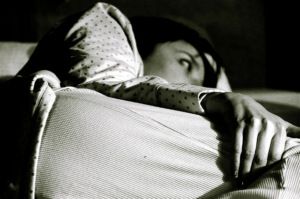News
Nearly half of Danes struggle with sleep disorders
This article is more than 7 years old.
Too much stress a major deterrent to a good night’s sleep

Young women find it especially hard to fall asleep (photo: Alyssa L. Miller)
Over 45 percent of Danes are bothered by varying degrees of sleep difficulties, according to a study by Sundhedsstyrelsen, the national health board.
More than 13 percent of respondents said that they are ‘very troubled’ by sleep issues. That number has been steadily rising since 2010.
“Stress and insomnia are increasing,” Poul Jørgen Jennum, a professor of sleep diseases at the University of Copenhagen, told Kristeligt Dagblad. “The truth is that we do not fully know why we cannot sleep.”
Jennum said that social pressure and “high expectations” often lead to sleep issues. Young women aged 16-24 are particularly vulnerable, with nearly 18 percent of them saying they have been “very troubled” by sleep disorders.
Sleepless perfection
Søren Østergaard, the manager at the Center for Youth Studies, said that young women are also overly stressed by what they perceive as societal demands that they must be “perfect”.
“We are dealing with young women growing up in a culture where ‘perfect’ has become the new normal,” he said.
READ MORE: Huge increase in Danish children and young people on sleep medication
Østergaard said that it is only when they grow a bit older that the girls learn that they “do not have to be 100 percent perfect all the time”.










































